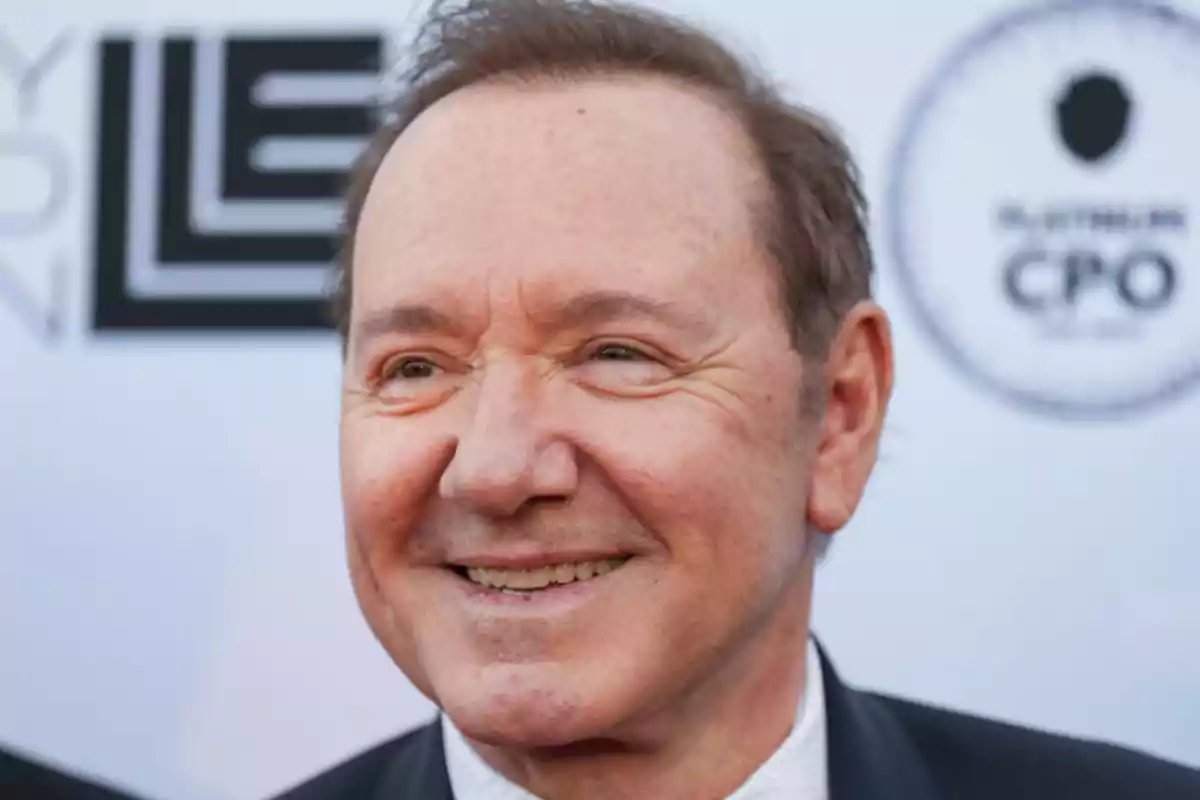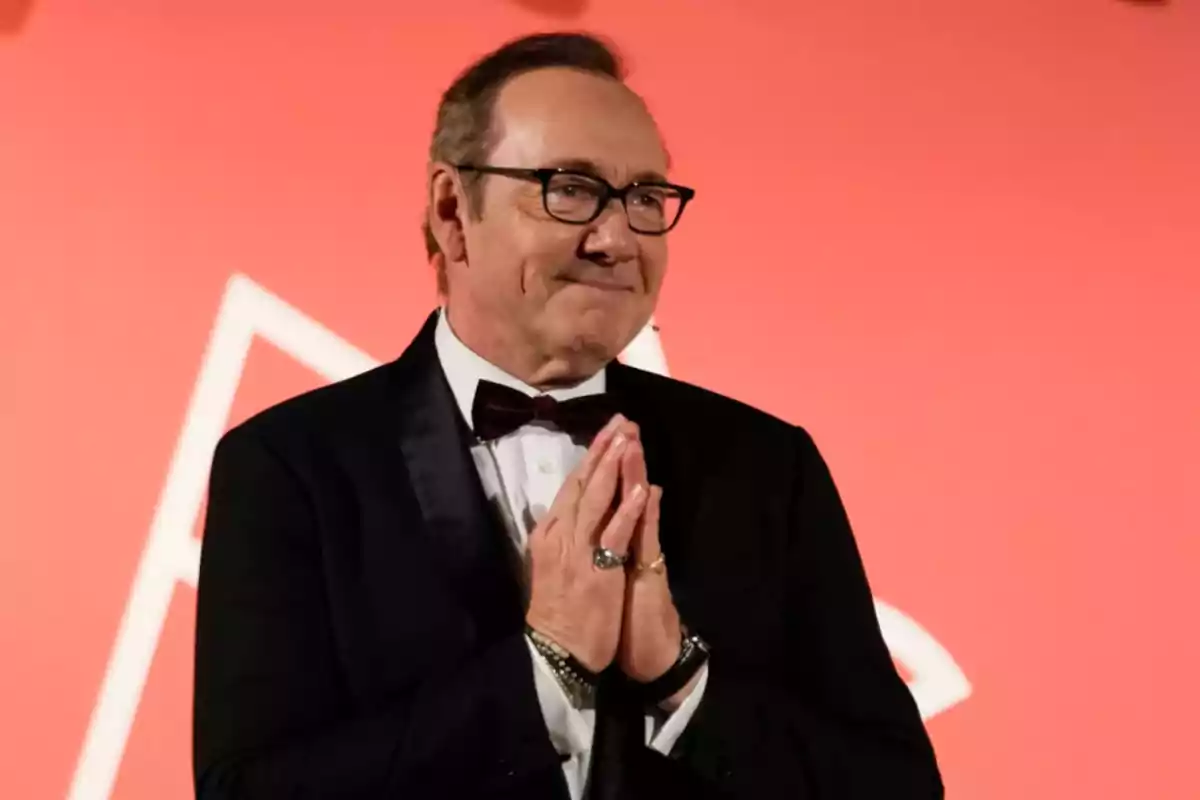Kevin Spacey has returned to a major stage. This time, at the Cannes Festival, where he was honored at a parallel event, the American actor delivered a speech that left no one indifferent. His intervention has sparked a flood of reactions both inside and outside the film industry.
The event, organized by supporters of the actor, coincided with the 25th anniversary of American Beauty, one of his most iconic roles. Although his presence was not part of the festival's official program, his appearance attracted both journalists and curious attendees.

Kevin Spacey had been away from the public eye for years following the accusations that disrupted his career in Hollywood. He was acquitted in court, but cancel culture left him out of the circuit. Now, his return has been as media-covered as it is controversial.
The return of a disgraced actor
From the beginning of his intervention, Spacey made it clear that he was not there to seek anyone's forgiveness. With a sober staging, accompanied only by a microphone and a neutral background, he began by talking about the power of cinema and its impact on collective consciousness. He also recalled his beginnings as an actor, his fascination with acting, and his respect for the greats of European cinema.

But soon his tone changed and gave way to an open critique of what he considers the decline of current artistic values. "Cinema is risk, it is ambiguity, it is contradiction. It is not propaganda," he stated. His words were met with a mix of applause and silence, as if the audience sensed something incendiary was approaching.
A speech loaded with ideology and vindication
Kevin Spacey spoke not only as an actor but as someone who considers himself a victim of a relentless system. "I have been judged by parallel courts, without the right to reply and without the possibility of redemption," he denounced to the attendees. He defended creative freedom and denounced the imposition of a single moral vision.
"You can't create art from fear. If creators tremble before writing a line, something is very wrong," he added. The actor made a defense of human complexity and criticized what he defined as an increasingly infantilized society. "We are required to be perfect when the human soul is quite the opposite. There is no redemption without error."
The industry divided over his figure
As soon as the event ended, social media was filled with reactions. Some accused him of victimhood, others applauded his courage. European directors and personalities from more independent cinema showed their support for Spacey, while Hollywood avoided commenting.
Although there are no immediate plans for a return to the big screen, Kevin Spacey's appearance reopens a debate that many thought was closed: to what extent can cancel culture become a form of censorship?
His speech was not only a personal vindication but also a critique of political correctness which, according to him, "has hijacked the freedom of artistic expression." For Spacey, silence is not an option.
The phrase that shook the room
But it was at the end when he delivered his most blunt statement, the one that made international headlines:
"If this is the new world you want to build, leave me out. I'd rather remain a pariah than become your moral slave."
With this devastating phrase, Spacey made it clear that he is not seeking reconciliation at any cost. His intervention was a total break with the hegemonic discourse in the cultural sector, and even if he doesn't regain his career, he has regained his voice. And that voice, whether liked or not, has once again resonated on one of the most symbolic stages of world cinema.

